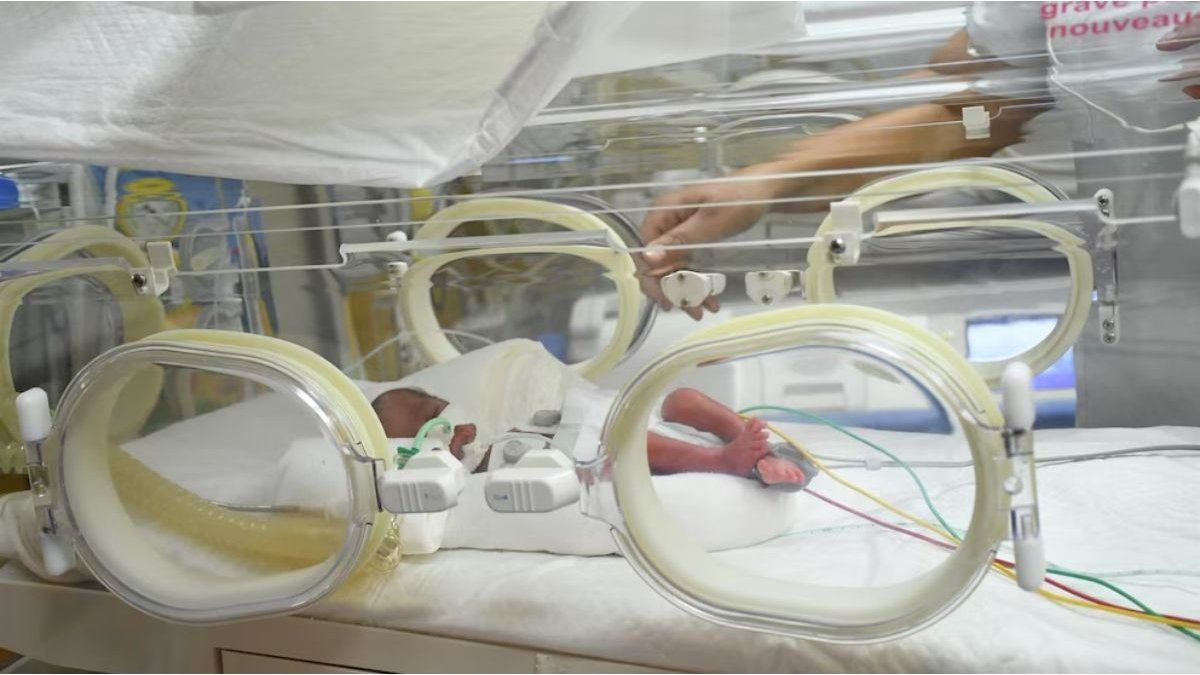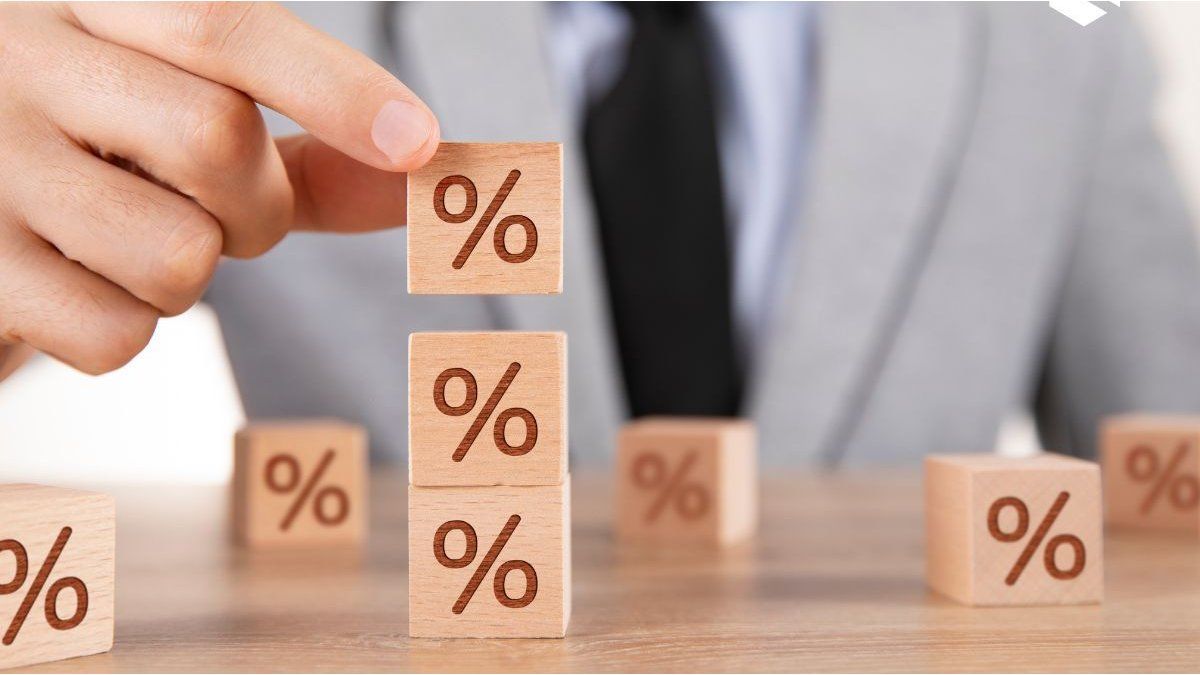According to a study, seven percent of the population in Germany belong to the so-called upper class. But how rich do you have to be to count? An overview.
Aristotle Zervos
This article first appeared on RTL.de
The German Economic Institute (IW) regularly collects income data. For the “Spiegel” the economists asked at what net limit one belongs to the top ten percent – and thus to the “upper class”.
The result of the survey:
- From a net income of 3,529 euros per month, a single person is already one of the top earners.
- Couples without children who live together in one household belong to the top 10 percent with a net monthly income of 5,294 euros or more.
- The household of a family with two children under the age of 14 is considered to be wealthy if the disposable household income is €7,412 net per month.
When singles or families belong to the upper class
A study by the Bertelsmann Foundation came to similar conclusions. The scientists analyzed available data from 2018.
According to the survey, anyone who has a net income of 4,000 euros per month as a single person belongs to the upper income bracket. Families with two children belong to the upper income bracket with a disposable household income of more than 8,000 euros per month. According to the study, only seven percent of the population belong to the upper income bracket.
Who are the 30 richest Germans?
Despite the Corona crisis and the Ukraine war: the fortunes of the super-rich continue to grow – also in Germany. The current Forbes list of the richest people in the world shows who made it to the top. The Corona vaccine Biontech, developed in Germany, catapulted three Germans into the top 30 richest people in the country. But there are other billionaires who have become even richer despite the crises.
- Dieter Schwarz (Lidl, Kaufland): 43.2 billion euros
- Klaus-Michael Kuehne (Kuehne + Nagel, logistics): 34.2 billion euros
- Beate Heister & Karl Albrecht junior (Aldi Süd): 33.7 billion euros
- Susanne Klatten (BMW): 22.3 billion euros
- Stefan Quandt (BMW): 19 billion euros
- Reinhold Würth (Würth assembly material & tools): 17.4 billion euros
- Theo Albrecht junior & family (Aldi Nord, Traders Joe): 17.2 billion euros
- Thomas Strüngmann & family (Biontech): 11 billion euros
- Andreas Strüngmann & family (Biontech): 11 billion euros
- Alexander Otto (Otto Group): 10 billion euros
- Andreas von Bechtolsheim (Google): 9.1 billion euros
- Michael Otto (Otto Group): 8.2 billion euros
- Friedhelm Loh (Friedhelm Loh Group): 8.2 billion euros
- Francine von Finck & Familie (investor): 7.7 billion euros
- Georg Schaeffler (Schaeffler Group, auto parts): 7.4 billion euros
- Hasso Plattner & Family (SAP): 7.2 billion euros
- Horst Julius Pudwill (Techtronic Industries): 6.3 billion euros
- Axel Oberwelland (August Storck KG, confectionery): 6 billion euros
- Juergen Blickle (SEW-Eurodrive, auto parts): 5.9 billion euros
- Renate Reimann-Hass (JAB Holding Company, consumer goods): 5.3 billion euros
- Stefan Reimann-Andersen JAB Holding Company, consumer goods): 5.3 billion euros
- Matthias Reimann-Andersen (JAB Holding Company, consumer goods): 5.3 billion euros
- Wolfgang Reimann (JAB Holding Company, consumer goods): 5.3 billion euros
- Ludwig Merckle (HeidelbergCement): 5.3 billion euros
- Rainer Blickle (SEW-Eurodrive, auto parts): 5.2 billion euros
- Erich Wesjohann (EW Group, food): 5.1 billion euros
- Ugur Sahin (Biontech): 4.9 billion euros
- Dietmar Hopp & family (SAP): 4.9 billion euros
- Wolfgang Marguerre & family (Octapharma): 4.8 billion euros
- Maximilian Viessmann (Viessmann Group, heating and air conditioning technology): 4.6 billion euros
“Returns madness – The dark side of online trading” on RTL +
Too big, too small, don’t like it – every sixth online order is returned, and even every second order for clothing. Simple for the customer, a logistical challenge for retailers. Because the packages not only have to be picked up, the goods also have to be checked.
Source: Stern
Jane Stock is a technology author, who has written for 24 Hours World. She writes about the latest in technology news and trends, and is always on the lookout for new and innovative ways to improve his audience’s experience.




